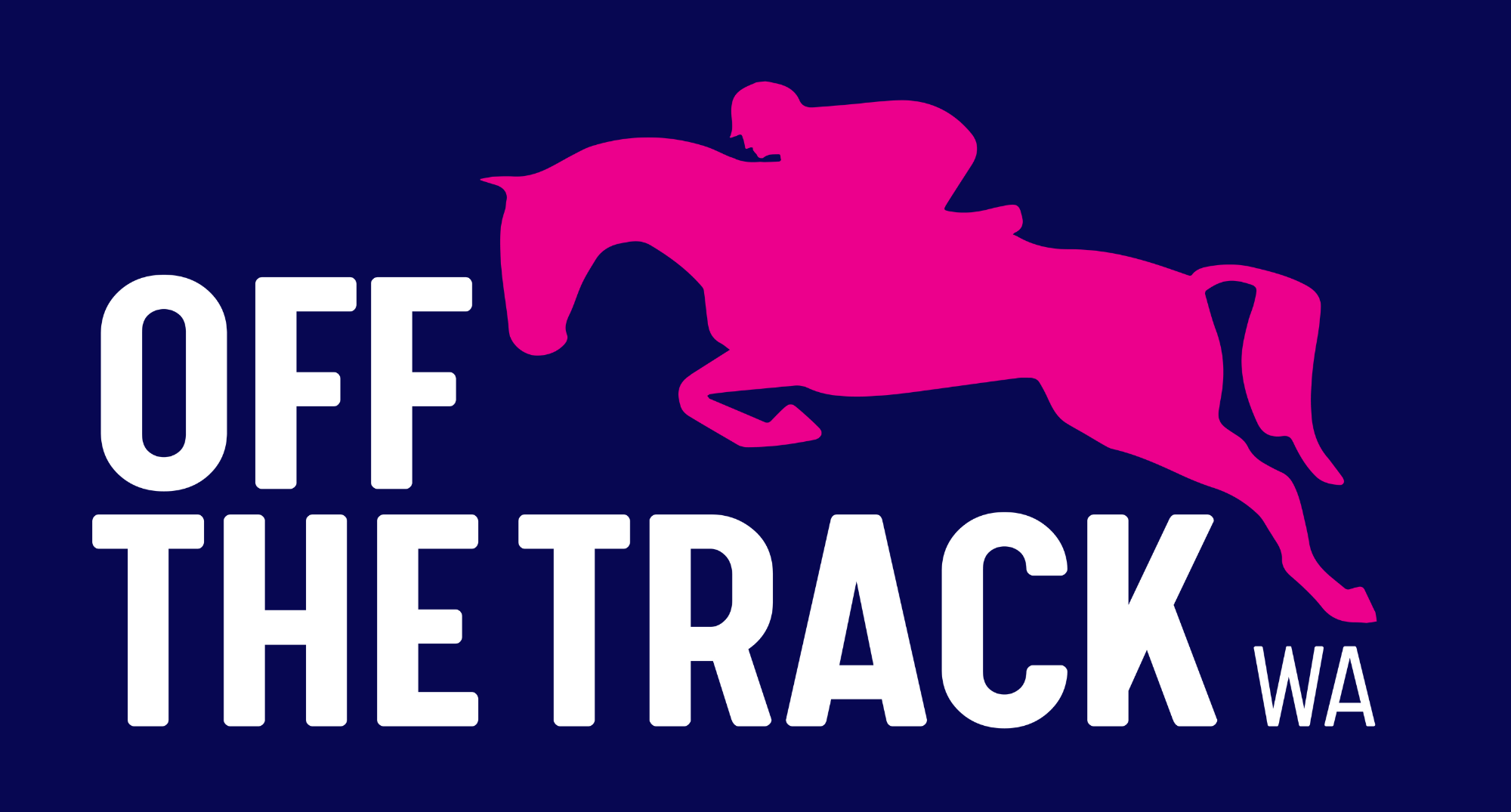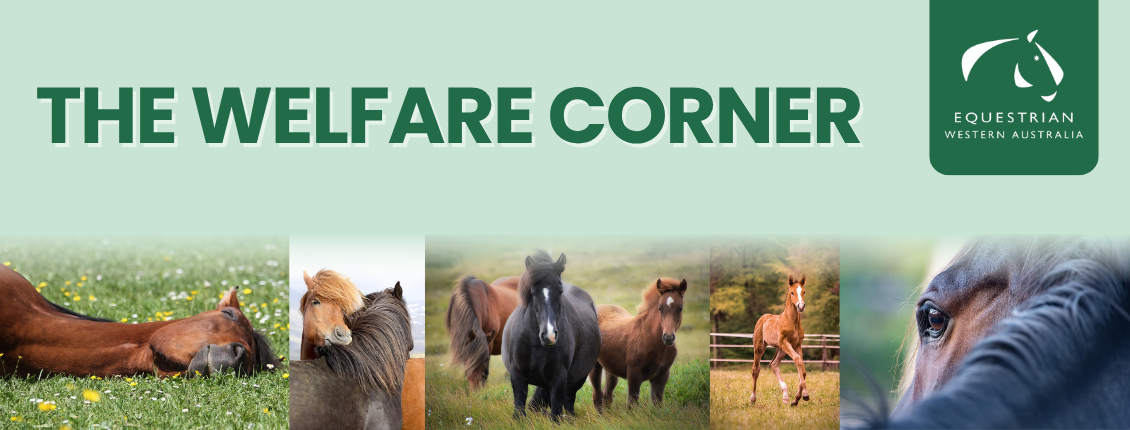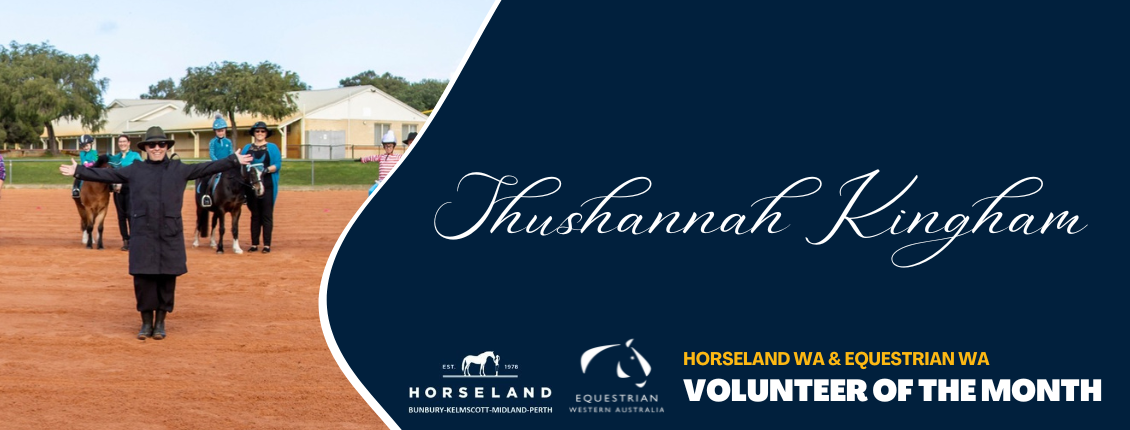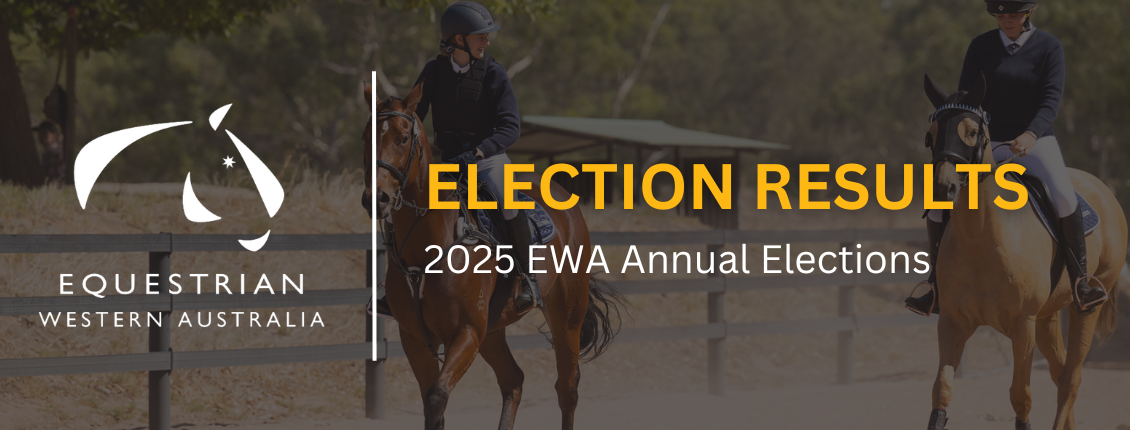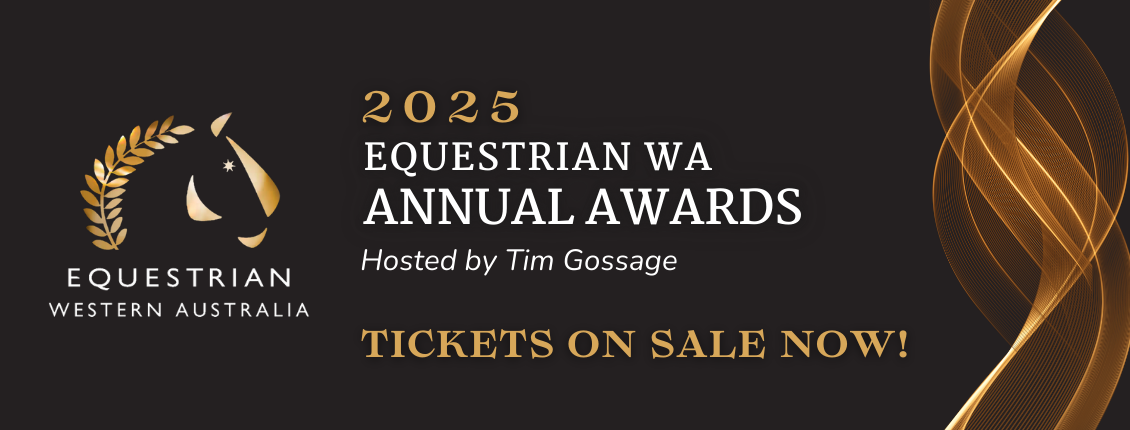EQUESTRIAN WESTERN AUSTRALIA LIFE MEMBERSHIP
General principles to consider in granting Life Membership
1. The granting of Life Membership of EWA is a great honour and should not be treated lightly. This recognition is not necessarily awarded annually. It may be done on special or significant occasions.
2. Life Membership should not be considered as a competitive matter and nominees must be considered individually and on their personal attributes and achievements and not in comparison with others. While it is inevitable that comparisons will be made for example against the types of achievements of past recipients, direct comparisons between individuals should not be made.
3. Granting Life Membership is a balancing exercise. Criteria are provided for guidance, but it is the overall contribution of the nominee that must be evaluated. There is necessarily some subjectivity in the granting of Life Membership of EWA. Nominees' strengths against the various criteria will vary. Some nominees will be extremely strong in some criteria but weaker against others, others will be more rounded.
4. Life Membership of EWA is reserved for those whose contribution goes beyond the ordinary or even the excellent for an extended period of time, not just a few years and not just within the one club but rather across various aspects of the sport.
5. EWA members that have represented Australia at the Olympics or World Equestrian Games will be awarded Life Membership in recognition of their achievement.
6. EWA has the right to revoke Life Membership if the recipient is found to have brought the sport into disrepute or have acted in a manner that contravenes the values of EWA.
Process for nominating and granting of Life Membership of EWA
1. Clause 7 of the EWA Constitution provides that Life Membership may be granted by the Board in recognition of services rendered to the sport.
2. Nominations for Life Membership may be made at any time, and (those supported by the Board) are put at the next Annual General Meeting, the resolution must be passed by a Special Resolution taken by secret ballot. The nominator is to complete the necessary form and provide a written submission addressing how the nominee measures up against the Life Membership criteria.
3. The CEO must collate nominations and pass these to the Chair of the Board.
4. The Board must consider the nomination against the Life Membership criteria in light of the general principles. Each nomination must be considered on its merits. In considering the nomination, members of the Board are not to be influenced by any personal relationship with the nominee and are not to make direct comparisons with other Life Members, nominees or persons not nominated. The Board may request additional information from the nominator if that would assist its deliberations.
5. The Board must decide whether or not to recommend the nominee be admitted to Life Membership and provide its recommendation that the next Board meeting immediately prior to the Annual General Meeting. The Board may provide a statement of reasons for the decision and may address any other relevant aspects of the proposed Life Membership.
6. Following the Board’s decision, endorsed nominees will be put forward to the EWA Members for formal voting at the Annual General Meeting.
7. The granting of a Life Membership of EWA and the recipient's services to the Sport should be publicised on the organisation’s website and any other communication newsletters considered appropriate.
8. Recipients of Life Membership must be recorded in the EWA’s official records.
Criteria to be considered in granting Life Membership of EWA
1. Length of active involvement in the sport:
To have contributed to Equestrian activities in Western Australia to the degree necessary for Life Membership, a nominee will almost necessarily have been involved for a significant time. While there is no 'minimum' period of membership, a period of at least ten years' active service (not necessarily concurrent) is an indicator of a long term commitment.
2. Positions held and length of time:
The nominee should be able to demonstrate a significant contribution to the sport over a majority of those years of involvement. This may include:
a) significant contributions while holding positions at a club or on a Committee (bearing in mind that membership of such committees does not of its own mean a person has made significant contributions).
b) making significant contributions in the sport either at the state or national roles.
c) participating to a much greater extent than the average member as a regular, consistent and reliable volunteer in the sport.
d) competing with distinction at a National or International level.
Multiple active roles benefitting a large number of people in equestrian sport over a long period of time are the most obvious indicators of outstanding service to the sport, deserving of Life Membership.

